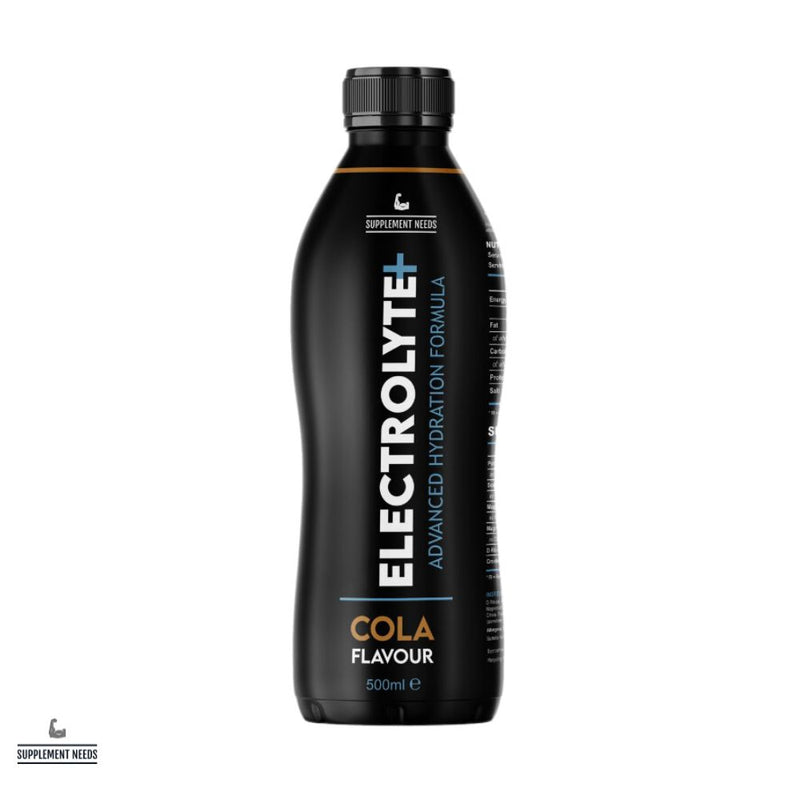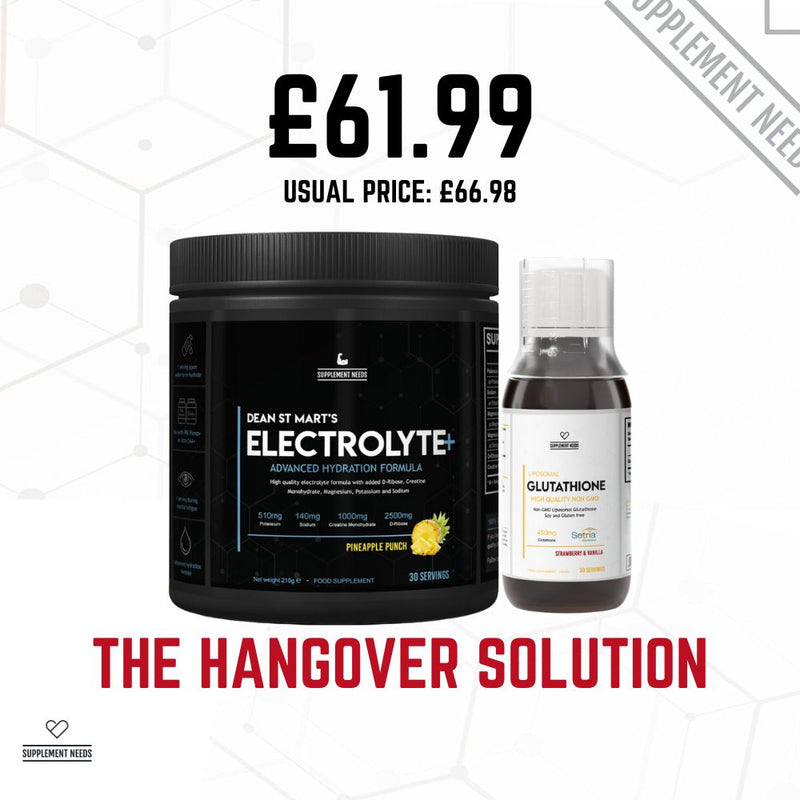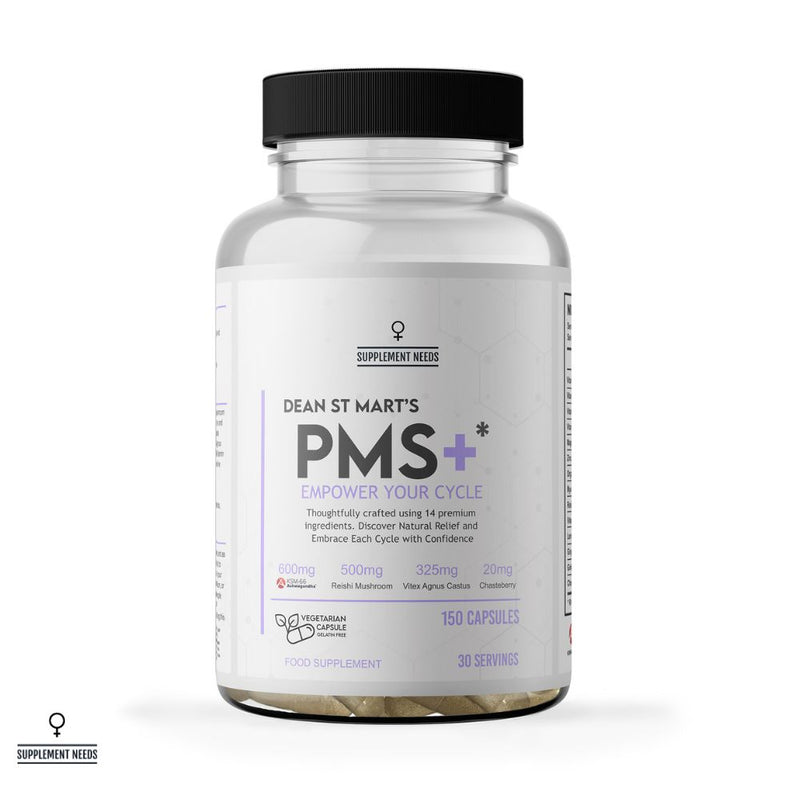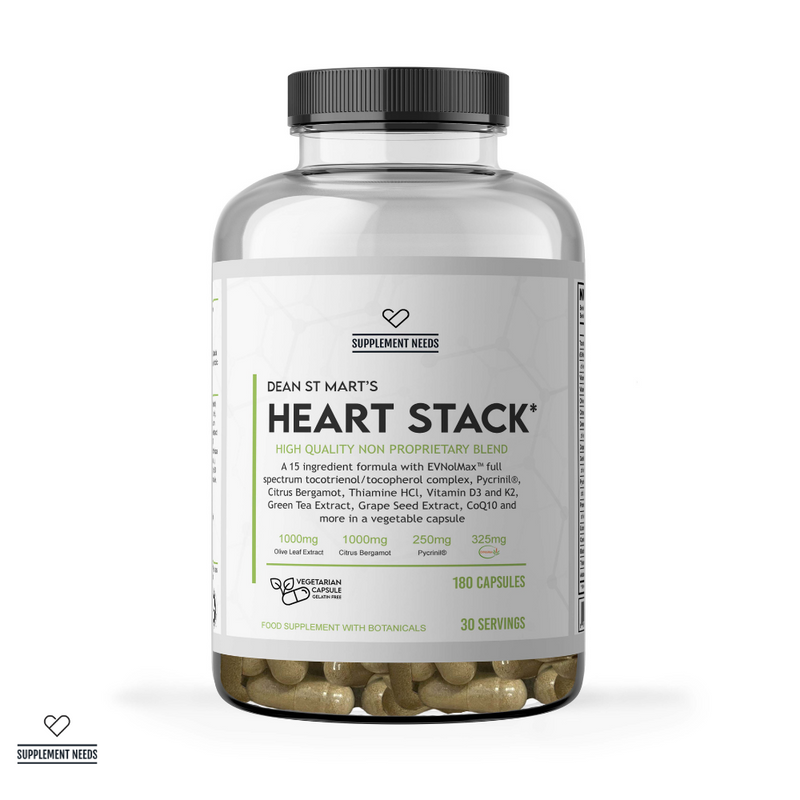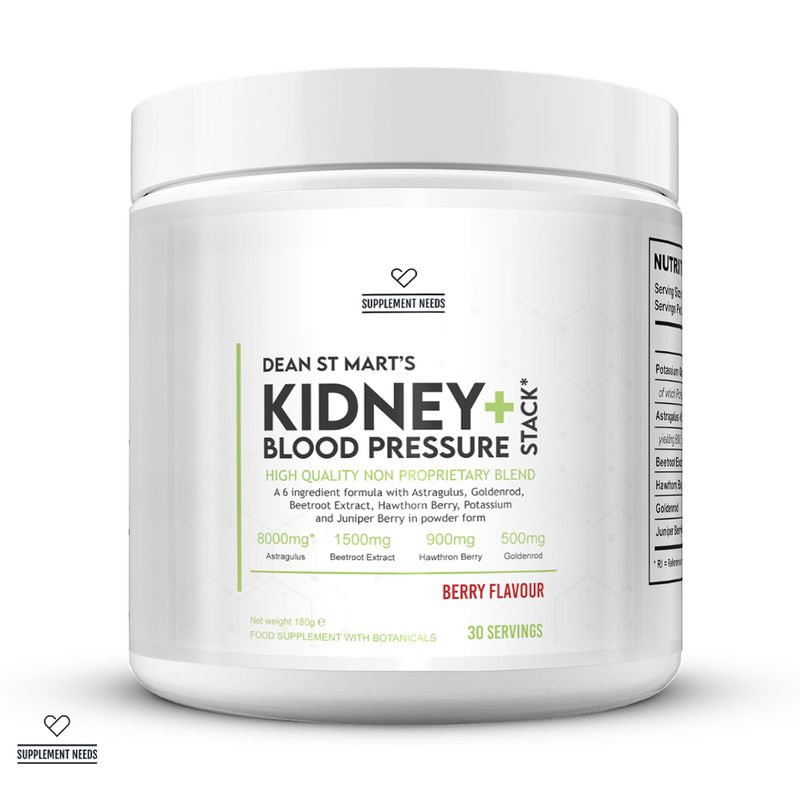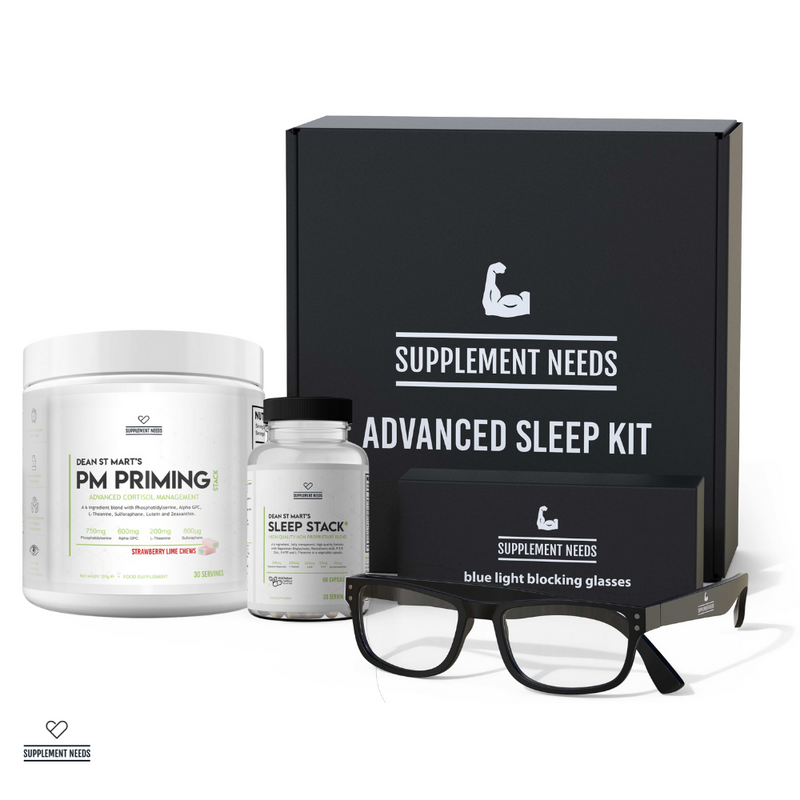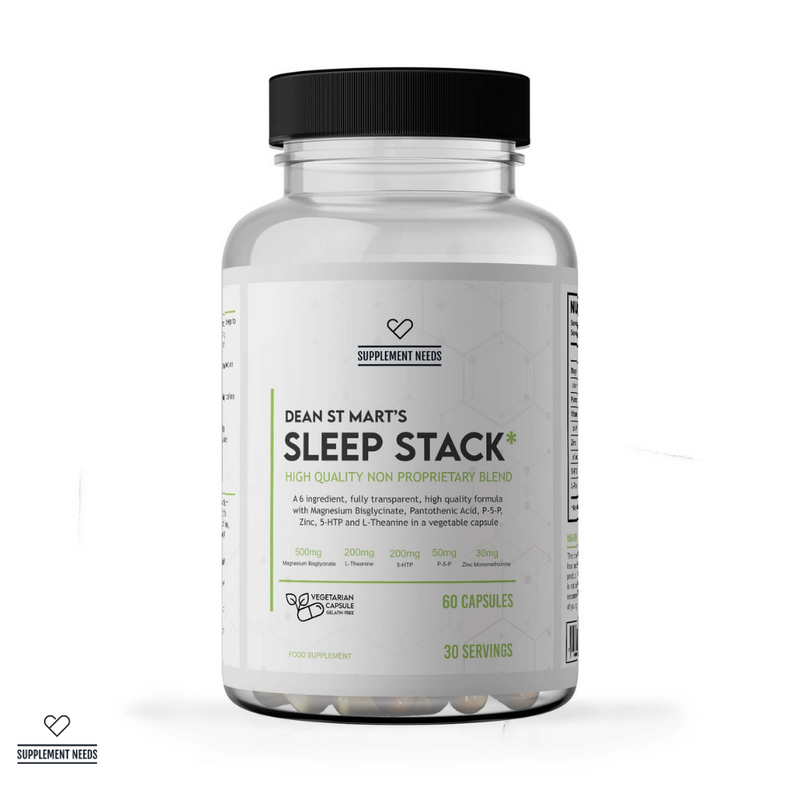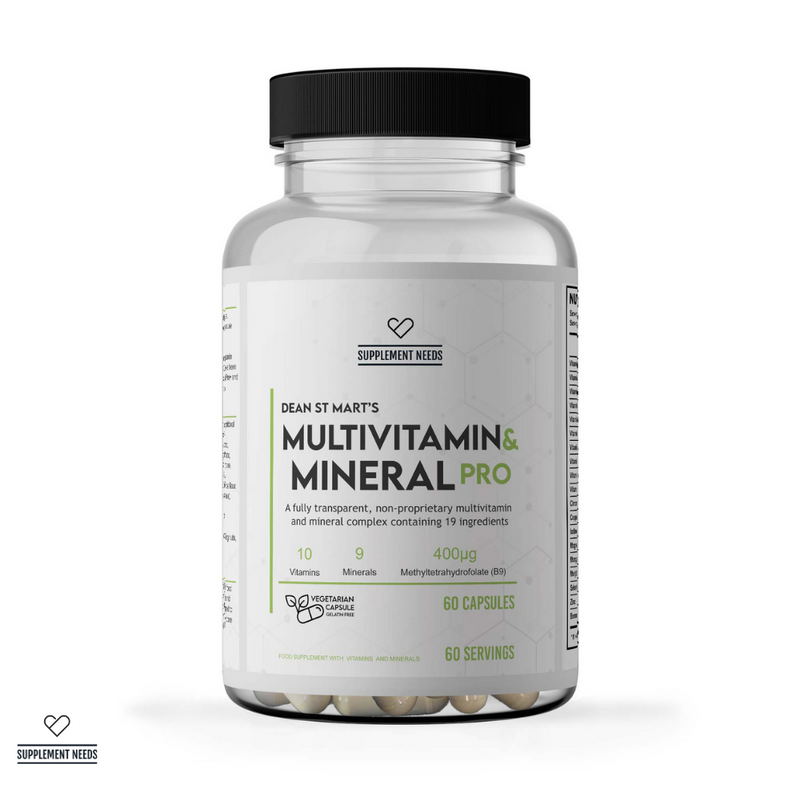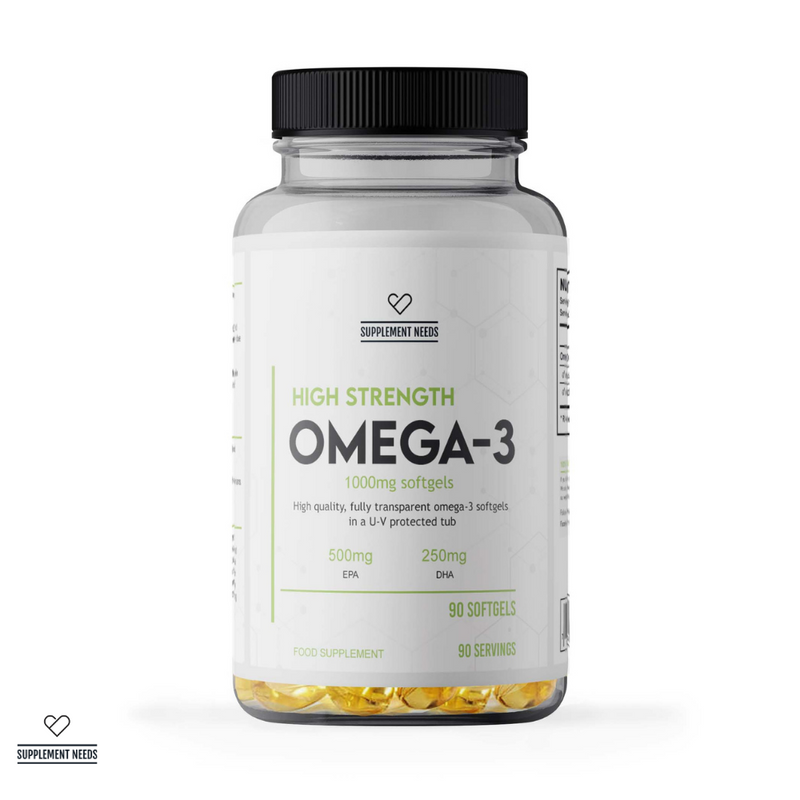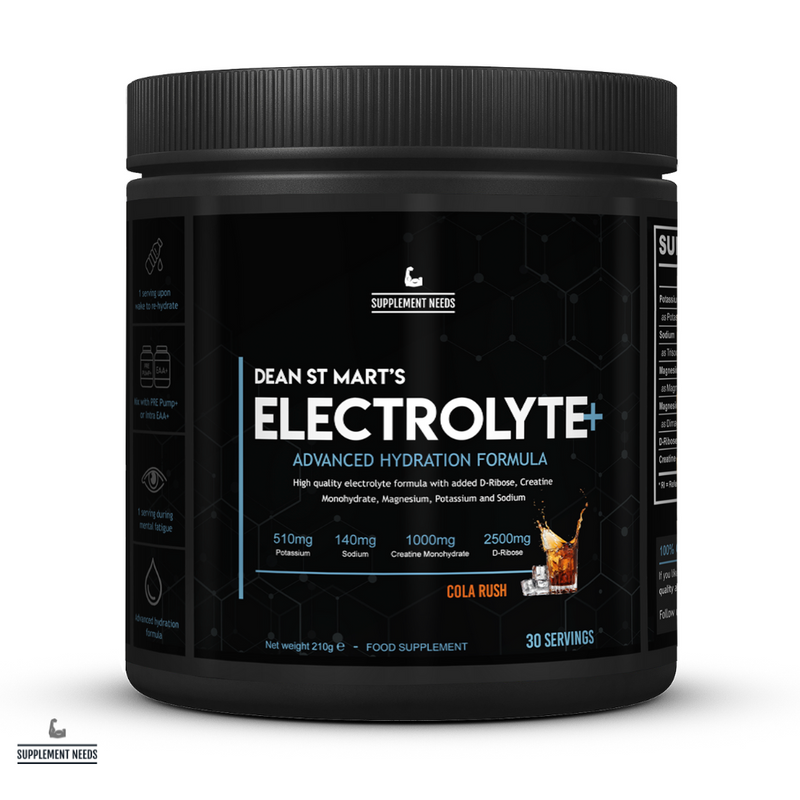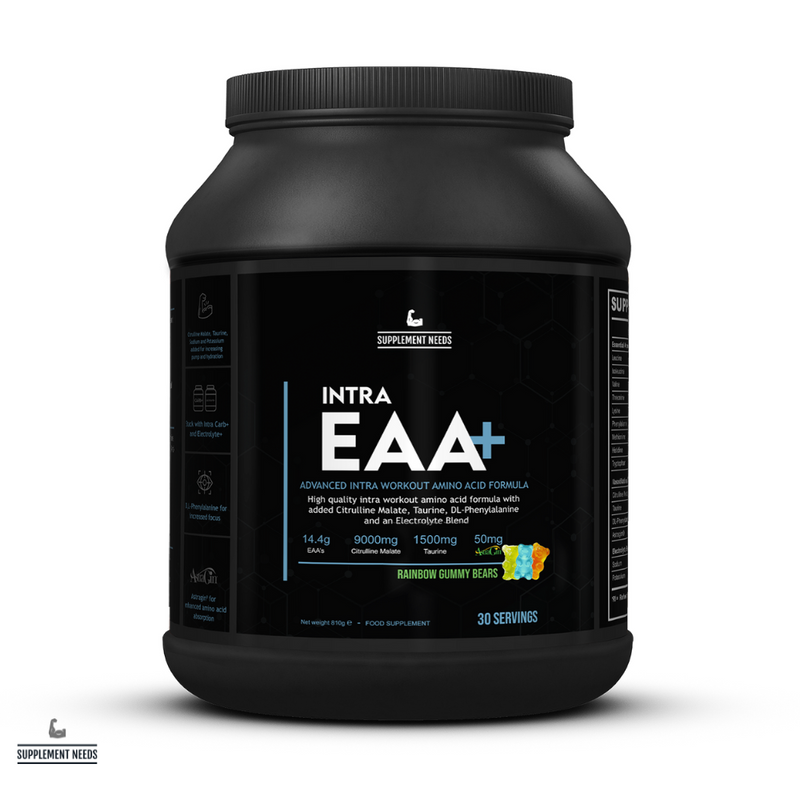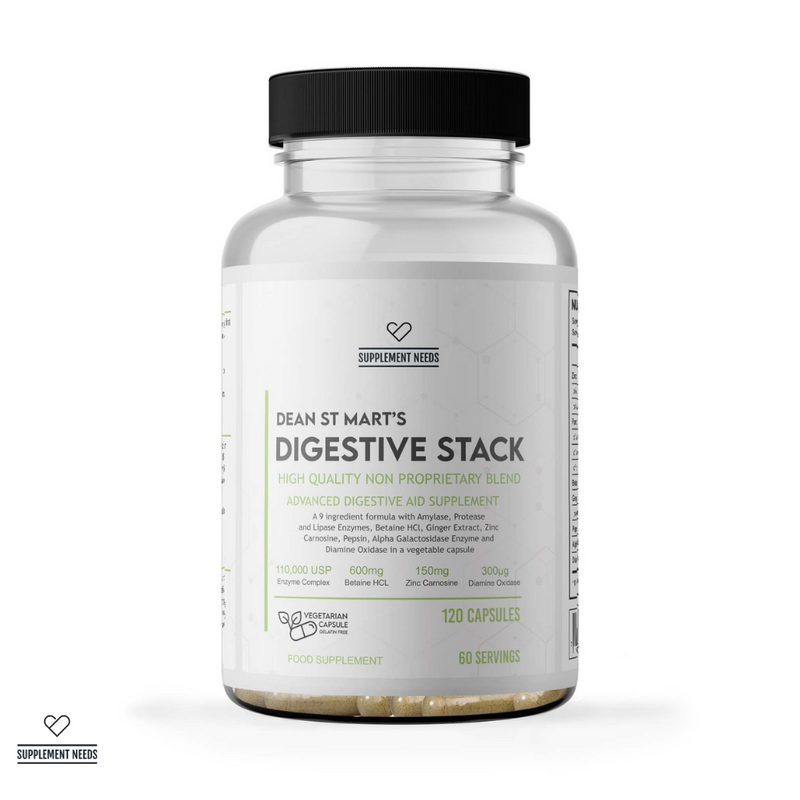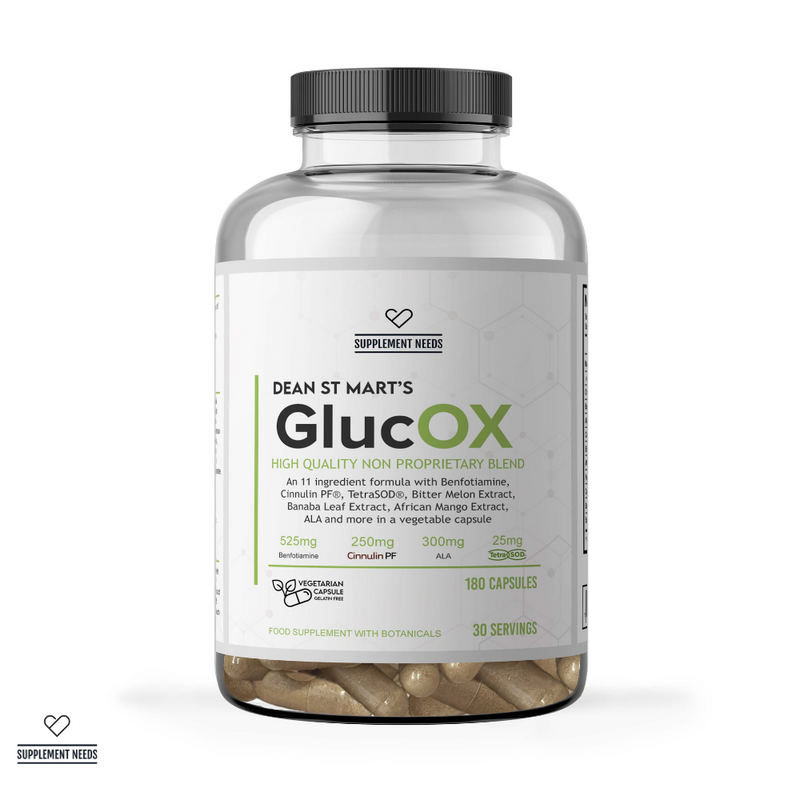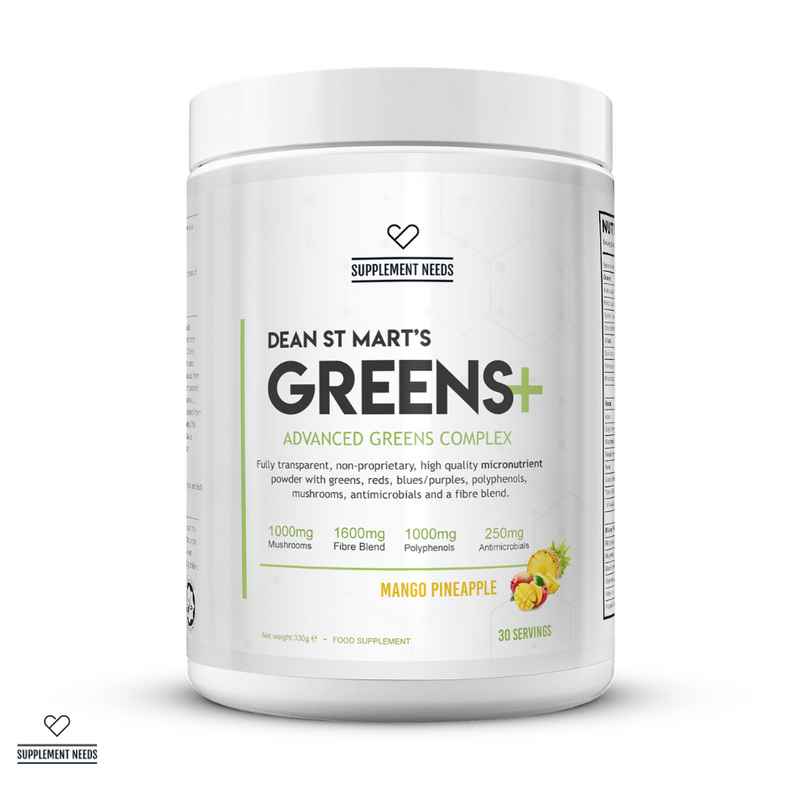Creatine is loaded with benefits that help the performance of the brain and muscles, alongside improving the recovery from high-intensity exercise, like resistance training with weights for bodybuilding or, high intensity athletic exercise such as sprinting .
Whether you’re massively into your fitness or just starting your journey to be the best version of you, you’ll want to know what you’re putting in your body and what to expect. Creatine has taken the fitness world by storm and is now one of the most popular training supplements with over 50 years of scientifically backed research. It’s easy to use, is (generally) safe for people to take, and is bursting with benefits.
In this guide to creatine monohydrate, we’ll take a deep dive into the uses, doses, and benefits. This is a great place to start if you’ve never taken creatine.
What is creatine monohydrate?
Creatine monohydrate is a chemical we naturally produce in our bodies that helps contribute to creating energy, with 95% of our body’s store being within muscle tissue. It helps give us the energy we need to recover from intense exercise by helping the body make more ATP, the energy currency of the body. Scientifically speaking, creatine monohydrate is an organic acid made up of three amino acids; glycine, arginine, and methionine. Creatine monohydrate can also be found naturally in fish and red meat but most people will never achieve an optimal intake through diet alone
Creatine monohydrate uses
The uses of creatine are primarily for the benefit of exercise performance. However, creatine has some interesting facts you may not know about! Naturally, we’re here to talk about creatine used for pumping up those High Intensity Training (HIIT) sessions, but it can be used for much more than simply a workout supplement. Let’s explore the benefits of creatine…
Benefits of creatine monohydrate
The ones you may already know (and love!) include:
- Increased energy levels
- Increased muscular strength
- Reduced fatigue
Now, there are a few other benefits of creatine that are lesser known:
- Improved brain functionality (PMID: 33578876 - which is why it's in our supplement Electrolyte+)
- Improved immunity (PMID: 33652752)
It’s worth stating now that if you feel like you should be taking a creatine supplement for the health reasons above, you should consult your doctor before taking any over-the-counter supplements, including creatine.
Creatine monohydrate doses
If you’re using a creatine monohydrate supplement, you must ensure you use the right dose. The dose of your creatine supplement will depend on the intensity of your exercise, your nutrition, and whether you require a loading dose to begin.
Generally, creatine monohydrate can be loaded at a high dose of 5g, up to 4 times per day for a week before transitioning to a daily maintenance dose of 5g. However, for most, a daily dose of 5g will serve in the same fashion; both methods reaching a level of saturation after one month of use.
Creatine supplements are available in several forms ranging from powder, liquids, tablets, capsules and even within energy or protein bars . Some are more popular than others and it can be worthwhile, experimenting with a few different types before you decide which is best for your lifestyle and workout goals.. The most popular way of taking creatine is generally by using the powder and mixing it with water before a workout.
This leads us nicely to explore when the best time to take a creatine supplement is…
When to take your creatine supplement
This could be a surprise, but taking a creatine supplement shortly before or after your workout has amazing benefits. Maybe you were expecting us to tell you that taking your supplement before a workout is the only time we’d recommend. But no, before AND after are both recommended.
Taking creatine monohydrate before and after your workout supports your muscles and fitness goals in different ways.
Let’s explore the benefits of taking creatine before and after a workout.
Why take creatine monohydrate before a workout
Although we’ve discussed the general benefits of taking creatine, such as increased energy levels and supporting muscle growth, there are other reasons to reach for your creatine powder before getting to the gym including:
- Improved endurance: This is especially for those training in high intensity strength based sports where faster recovery is required between training bouts and shorter resting periods.
- Increased cellular hydration: Cellular hydration is essential for maintaining optimal cellular function and overall health. Proper cell hydration (especially during a workout) keeps you hydrated, reduces muscle cramping and maintains performance.
Why take creatine monohydrate after a workout?
Taking your supplement post-workout accelerates recovery time. Benefits of post-workout creatine include:
- Aiding to increased glycogen storage (the storage form of carbohydrate).
- May reduce Delayed Onset Muscle Soreness (DOMS).
- Helps muscle recovery alongside your post workout nutrition.
- May help to reduce inflammation
Who can’t take creatine monohydrate?
Generically speaking, creatine supplements are suitable for most people. However, we suggest you speak to a healthcare professional before taking supplements.
Best creatine for beginners
If you’re new here, you’ll want to make sure you’re taking the right creatine supplement to see those much-anticipated results!
Beginners to supplements have an abundance of choices, which can be overwhelming. The most researched form of creatine is monohydrate, so we suggest starting with the most tried and tested form before considering others..
The best creatine supplement for beginners is our very own creatine. It’s packed with benefits to boost your workout and is super easy to take. Beginners needn’t feel concerned or apprehensive about adding creatine to their pre-workout plan - and no; unlike the many myths, creatine is not an anabolic steroid.
It's also very common to see small increases in body weight due to creatine’s ability to increase your muscle’s ability to store water. So don’t fret if you see the scale weight increase when you begin taking creatine; it's more than likely an increase in water weight which will help support your muscle building and strength goals, and will dissipate upon ceasing its use.
Shop Supplement Needs Creatine Monohydrate.
Beginners tips for taking creatine monohydrate
Now you have your supplement and are getting pumped to hit the gym, we’ve got some tips for beginners to note before you jump straight into your class or exercise.
Stay hydrated
Proper hydration is critical. If you engage in vigorous exercise or live in a hot area, aim for at least 8 to 10 glasses of water each day.
Take the recommended dosage
Creatine does have the potential to cause an upset tummy in sensitive individuals so starting slowly taking the recommended dose is advised. There’s no need to rush these things. Take your time and enjoy the process.
Enjoy it as part of a balanced lifestyle
Although creatine can improve athletic performance, it is not a miracle substance by itself. The best results come from combining it with a balanced diet that includes enough protein, carbohydrates, and fats. Creatine monohydrate is the perfect compliment to Whey ISO PRO and Intra EAA+, both providing essential amino acids for recovery.
Feeling nerdy?
You can check out the International Society of Sports Nutrition full in depth analysis on the benefits and science to creatine here and here.
Discover more with Supplement Needs
We hope you found this guide to creatine supplements helpful. Here are Supplement Needs, we believe there is a performance-supporting supplement for all your needs.
If you have any questions, get in touch with us today. Or, check out our helpful health and fitness blog.
Ready to shop? Discover the Supplement Needs Performance Range and Protein Supplements to up your game. Remember, if you’re unsure what supplements are right for you, contact a member of our team at: supplementneeds@outlook.com, who will be more than happy to help.
As always, you should consult with your physician or other health care professional before taking any nutritional, dietary or herbal supplements.
